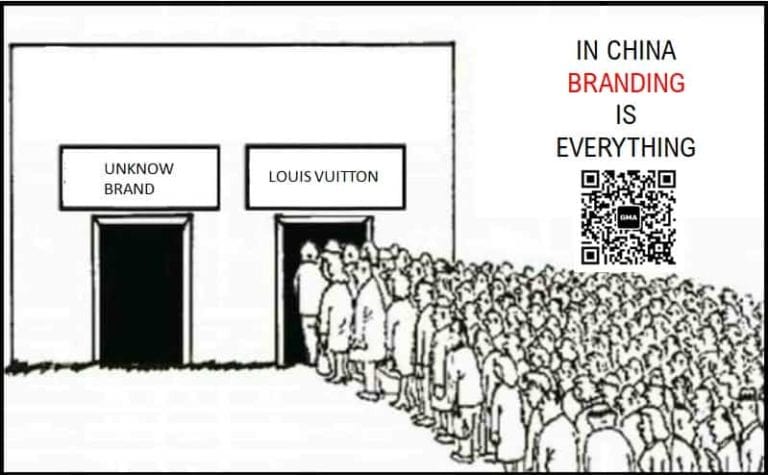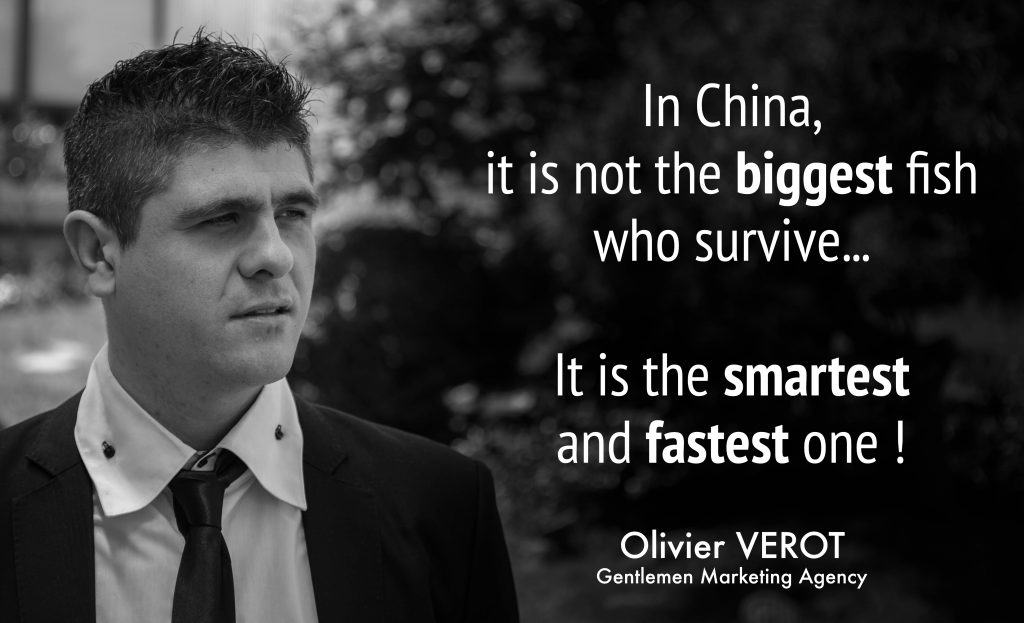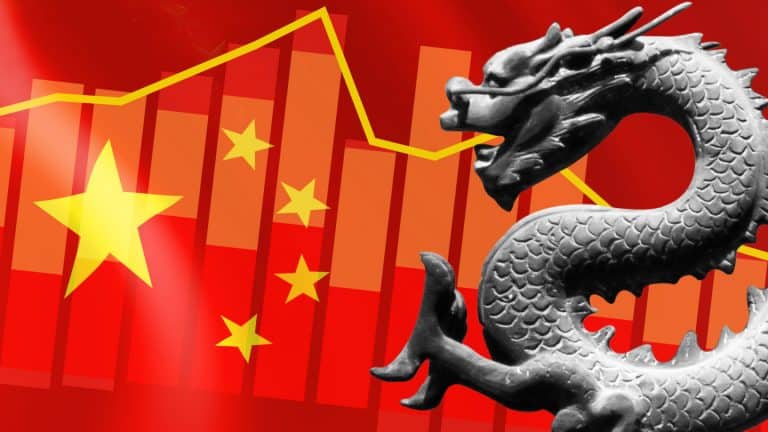Why Chinese distributors don’t buy my products?
Do you have a wonderful product you would like to share and sell in China?
But so far, all your attempts to convince distributors had fail. You have contacted thousands of dealers, importers, wholesellers, distributors and nobody sign a small purchase orders, or even reply to you.

We share your pain and are supportive.
Unfortunately, your passion for your product will not be enough.
Distributors are not of the emotive kind. They want facts, and figures. Facts and figures for the Chinese market. They don’t take risks and are looking to make good and easy money.
What is a distributor in China?
A distributor in China is buying and reselling brands or products via different distribution channels. China counts millions of distributors all over the country : small shops, retailers, dealers, wholesellers, Supermarket agent, supplier of chains
So why on heart they don’t want your products?
Here are some possibilities:
Your product doesn’t fit the market
You must understand that because of some cultural aspects, some products are destined to fail in China.
Let’s take examples of beauty products. In China, white skin is the number one standard of beauty. You just have to walk in the street to understand. You will see women and girls wearing umbrellas and pantyhose on the hottest days of summer. They want to keep their skin as white as possible, a sign of absolute purity. Here whitening cosmetics are in most bathrooms. So, if you were thinking to sell your skin tanning products here, you can be sure it will not be successful.
Make sure to analyze the market before trying to sell your products here. It might need some modification and adjustments to fit the market. Sometimes, changing the packaging can be enough. But other times, there’s simply no hope.
You are not famous in China
You are number one in your market? Well, sorry to disappoint you, but in the eyes of Chinese distributors that will not be enough. And they will never grant you any meeting nor notice you unless you put some effort to show that the Chinese market awaits you.
What should you do? Get a Chinese website, and make sure they find information about you in Chinese on Baidu (Chinese Google). Some localized SEO might help. Mostly show them that consumers speak about you and that they are impatient to be able to find your products. Work with media, get articles speaking about your brand and products. Build strong branding with nice storytelling. Localize your content to your Chinese audience. Make a buzz on social media, post impacting content, and show you get significant views, that you engage. Don’t say you are the best, make sure consumers do. That’s the best way to promote yourself in China.
If you do a good job on this branding and reputation part, they might even contact you by themselves. Create a FOMO feeling.

Your product is not easy to sell
It echoes the above point. You have to get to the idea that distributors will not help you to promote and push your sales. They are only interested in making easy money (seems unfair but that’s how they all work). They consider it is your responsibility to manage the marketing part and promote your products. So, take this parameter into account as soon as possible. You will not only have to make yourself famous in China to get a meeting with them. But you will also have to continue promoting your products as they distribute them. Make sure to plan some campaigns on social media, work with KOL…

You are inflexible
Not anyone can pretend to succeed in China. One of the keys to succeeding and getting the distributor’s green light is to show that you are flexible. If your product needs localization, don’t be stubborn and make sure to adapt. Adapt your formula. Adapt the packaging. Adapt your marketing campaign. Adapt your communication with your end customers and your distributors. Remember to come to China for China. Don’t try to impose some values that might not match the market.

You don’t stand out
Distributors receive hundreds and thousands of requests every day from brands like you who are looking to sell in China. You have only a few seconds to catch their eyes. If you don’t stand out, your request is likely to be ignored and sent to the trash directly.
That’s especially true, for products that are more competitive than others. Coffee, wines, and honey are among those.
You not only need to understand the consumers’ expectations and embrace them. Work on your branding and reputation. You also need to stand out if you are in the ultra-competitive category. Do something that might differentiate you from your competitors. Take time to study the market. It might be a different positioning (e.g.: luxury), different flavors, different packaging (e.g.: gift packaging), unique storytelling…
Further reading.
Be smart. Be ready. Be professional. Be flexible. Be patient.
Show and prove that you are ready for the market with facts.
We know how to “lure” and engage with Chinese distributors.
We have a proven strategy to drive orders.

and we have lists of distributors (for sell)

We already hace worked for so many brands , helping them to develop their distribution.

Contact us to learn how.







